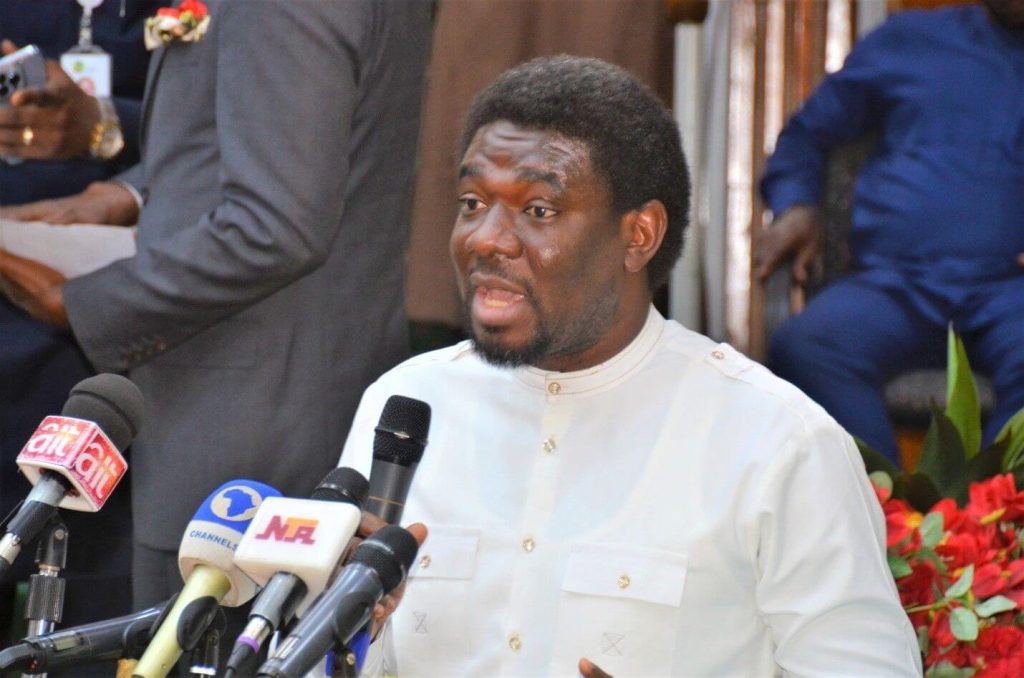
TUC President Faults Inadequate Implementation of New Minimum Wage
The President of the Trade Union Congress (TUC), Festus Osifo, has criticized some state governments for failing to properly implement the consequential adjustments accompanying the new ₦70,000 minimum wage, accusing them of shortchanging workers.
Speaking in an interview with Arise News on Monday, Osifo explained that while many states have complied with the new minimum wage, others are applying fixed sums instead of the recommended percentage-based adjustments, leading to discrepancies in worker compensation.
The Issue of Consequential Adjustments
Osifo noted that the proper method for implementing the wage increase involves applying a 133% increase to lower-grade workers and gradually reducing the percentage for higher grades. However, several state governments have opted to add a flat amount, which undermines the intent of the adjustment.
He elaborated:
“For instance, a worker earning ₦120,000 on grade level 8, step 2, should see their salary exceed ₦200,000 under the proper consequential adjustment. Instead, some states add a fixed sum like ₦20,000 across the board, which is not how this process is supposed to work.”
To address the issue, the TUC has empowered its state councils to advocate for fair implementation of the adjustments and ensure workers are not disadvantaged.
Challenges in Implementation
Osifo highlighted disparities in compliance across states. While some states, like Oyo, have established committees and are finalizing agreements, others, such as Zamfara and Cross River, have made little to no progress.
He noted:
“Cross River recently experienced a two-day warning strike, which was called off after some progress. However, in states like Zamfara, where no discussions have started, we’ve directed our members to mobilize for industrial action.”
Osifo added that while a nationwide strike is unlikely given the high level of compliance among states, the TUC will focus its efforts on states lagging behind.
State Governments’ Priorities Questioned
The TUC President dismissed claims that some states cannot afford the new minimum wage, arguing that increased revenues from the devaluation of the naira and other allocations make the wage hike feasible. He criticized state governments for failing to prioritize workers’ welfare.
“The proceeds from the devaluation of the naira have significantly increased allocations to states, sometimes tripling available funds. The issue is not affordability but a lack of regard for workers’ welfare,” Osifo said.
Next Steps
The TUC remains committed to ensuring the full implementation of the new minimum wage across all states. For states where discussions are nearing completion, the union has urged stakeholders to resolve outstanding issues quickly. For states with no progress, strikes and other industrial actions will continue until the demands of workers are met.
Osifo concluded by reiterating that the welfare of Nigerian workers is non-negotiable and must be a priority for all levels of government.




